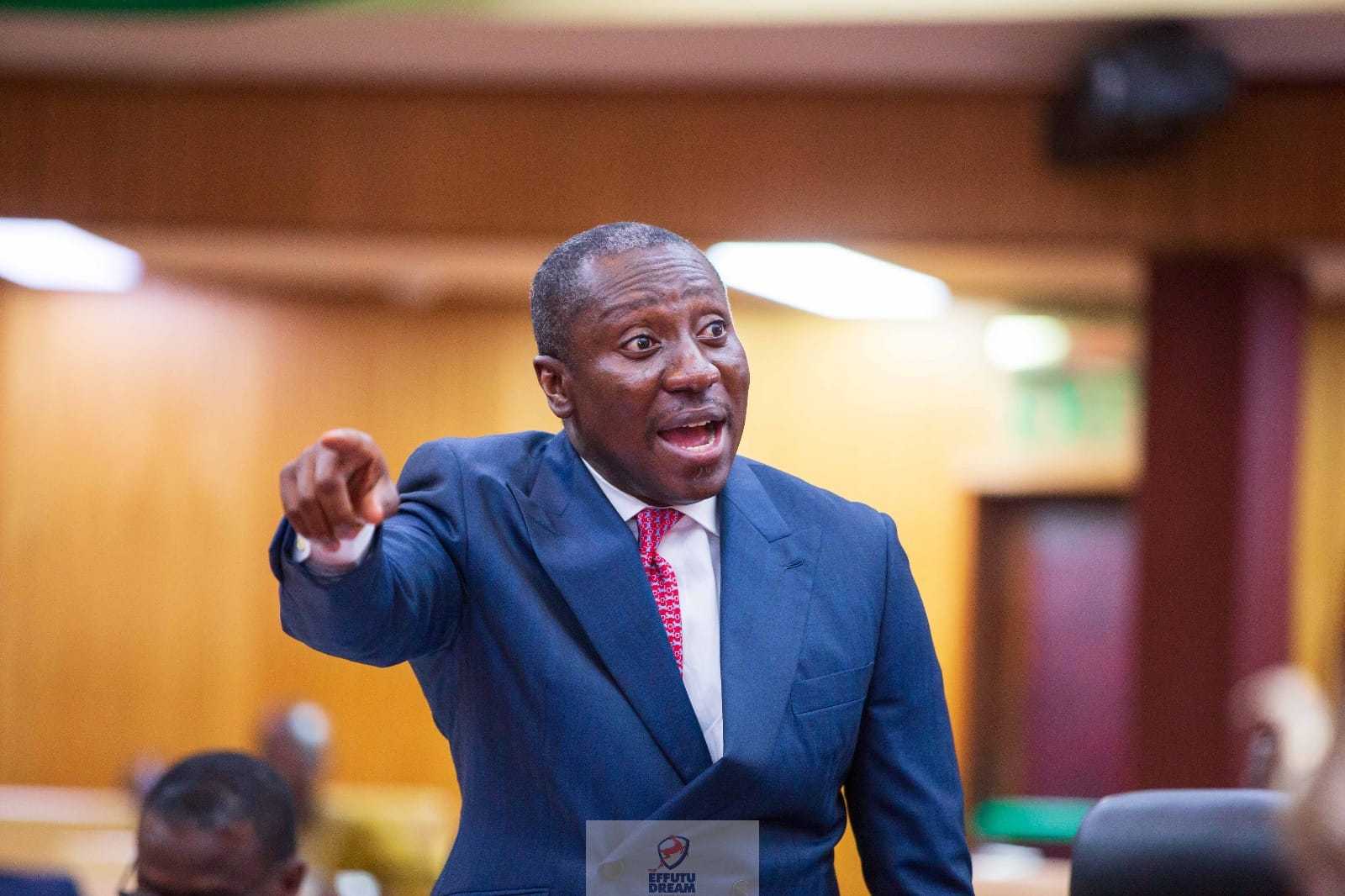The Speaker of Parliament, Alban Bagbin, has disclosed that government may not be able to pay salaries of public sector workers in the next three months.
According to Mr Bagbin, the government may struggle to honour some financial obligations, including remuneration of employees, if critical steps are not taken due to revenue challenges of the government.
Consequently, he called on members of parliament to show leadership in difficult times to avert possible strain on the populace.
“Honourable members, the information at my disposal is not to discourage the committee from doing their work. If something is not done within the next three months, the government may not be able to even pay salaries.
“So we have to take leadership. We have to do a lot of things. With this, the House is accordingly adjourned to Friday,” he made this revelation on the floor of Parliament on Thursday, February 24, 2022.
It is unclear what constitutes this forecast as the Speaker fell short of giving further details of the information at his disposal.
But it comes amid labour agitations within industrial unions for better conditions of service. The University Teachers Association of Ghana (UTAG) is divided whether to call off their strike action, which has lasted for weeks.
Rising debts have resulted in the downgrading of the country’s creditworthiness by rating agencies such as Moody’s, with a further depreciation of the Ghana Cedi against other major currencies.
This implies a higher interest rate at the time of rising cost of products and services to compound the financial burden of businesses and ordinary Ghanaians.
The Speaker’s revelation also comes in the wake of calls to reject the controversial 1.75 % Electronic Transaction Levy (E-Levy), touted as a major remedy to the country’s many financial challenges.
The E-Levy is expected to generate an estimated amount of GH¢ 6,96 billion in 2022, GH¢7.89 billion in 2023, GH¢8.92 billion in 2024 and GH¢10.09 billion in 2025.
It is also one of the measures to increase the country’s tax to Gross Domestic Product (GDP) ratio from 13 per cent to 16 per cent.
Several meetings between the Minority and Majority sides of Parliament to find common ground on the controversial E-levy have ended inconclusively.
















